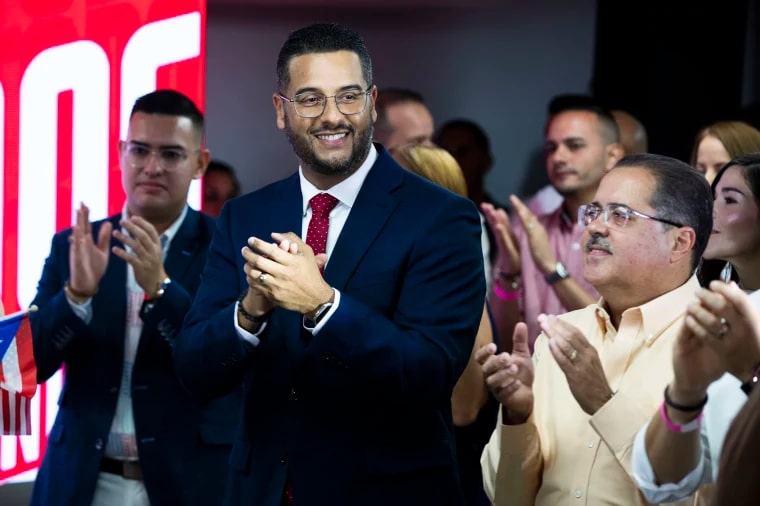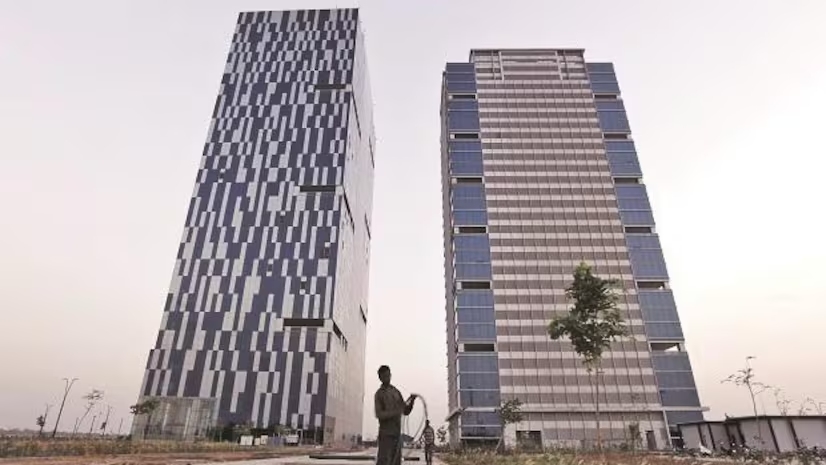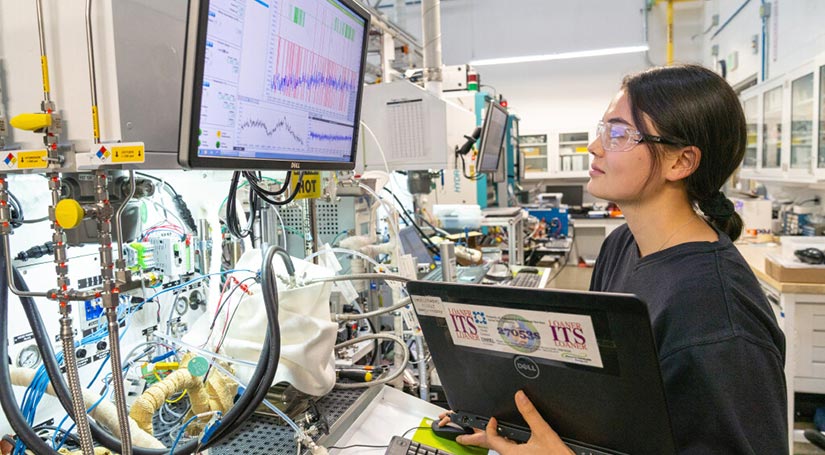Puerto Rico opposition party will hold a gubernatorial primary after its president enters race
In a significant political development, the opposition party in Puerto Rico has announced its decision to conduct a gubernatorial primary following the entry of its president into the race. This decision marks a crucial turning point in the political landscape of the island, adding a layer of intrigue and anticipation to the upcoming electoral process.
The political climate in Puerto Rico has been undergoing dynamic shifts, with various parties vying for dominance and influence. Against this backdrop, the opposition party's decision to hold a gubernatorial primary reflects a commitment to democratic principles and an acknowledgment of the need for internal party mechanisms to select a formidable candidate.
The catalyst for this internal contest is the entry of the party's president into the gubernatorial race. The president's decision to throw their hat into the ring adds a new dimension to the electoral equation, as party members grapple with the implications of having their own leader as a potential candidate. This move not only underscores the competitive nature of Puerto Rican politics but also raises questions about the internal dynamics within the opposition party.
Gubernatorial primaries play a pivotal role in shaping the political landscape, allowing party members to express their preferences and choose a candidate who best aligns with their values and vision for the future. The decision to conduct such a primary signals a commitment to inclusivity and transparency within the opposition party, fostering a sense of unity and shared purpose among its members.
As the opposition party gears up for the gubernatorial primary, political analysts and observers are closely watching the unfolding developments. The primary will serve as a litmus test for the popularity and viability of the candidates, providing valuable insights into the preferences of the party's base. Additionally, the internal contest will showcase the diversity of ideas and leadership styles within the opposition party, offering voters a nuanced understanding of the choices before them.
Beyond the immediate implications for the opposition party, the gubernatorial primary holds broader significance for Puerto Rico as a whole. The island has been grappling with a range of economic, social, and environmental challenges, and the upcoming gubernatorial election will play a crucial role in determining the trajectory of its future. The primary becomes a key battleground for ideas and policies, with each candidate presenting their vision for addressing the pressing issues facing Puerto Ricans.
The entry of the opposition party's president into the gubernatorial race injects a unique dynamic into the political narrative. Party members must now weigh the benefits of continuity and familiarity against the potential for fresh perspectives and innovative solutions. The internal debates and discussions within the opposition party are likely to shape the narrative of the primary, influencing voters' perceptions and decisions.
In the lead-up to the gubernatorial primary, the candidates will engage in rigorous campaigns, crisscrossing the island to connect with voters and articulate their platforms. The primary serves as a platform for candidates to present their policy proposals, share their vision for Puerto Rico's future, and address the concerns of constituents. The candidates' ability to connect with voters on a personal level and inspire confidence in their leadership will be critical factors in determining the primary's outcome.








